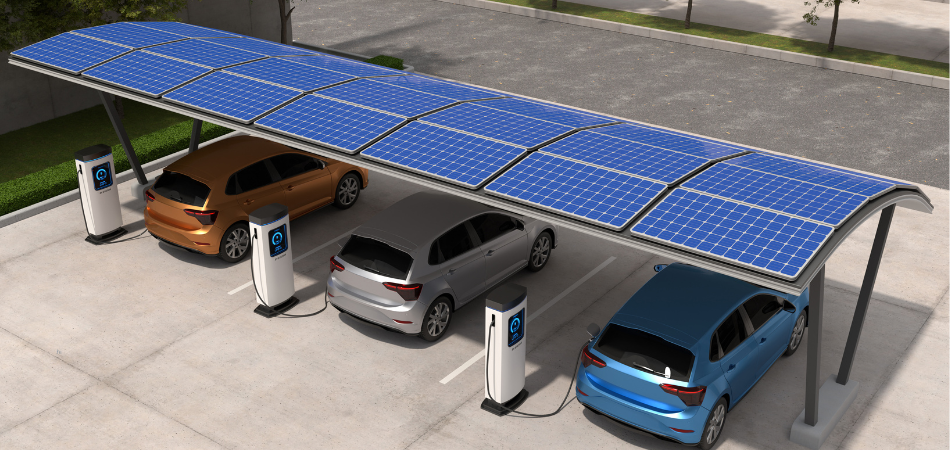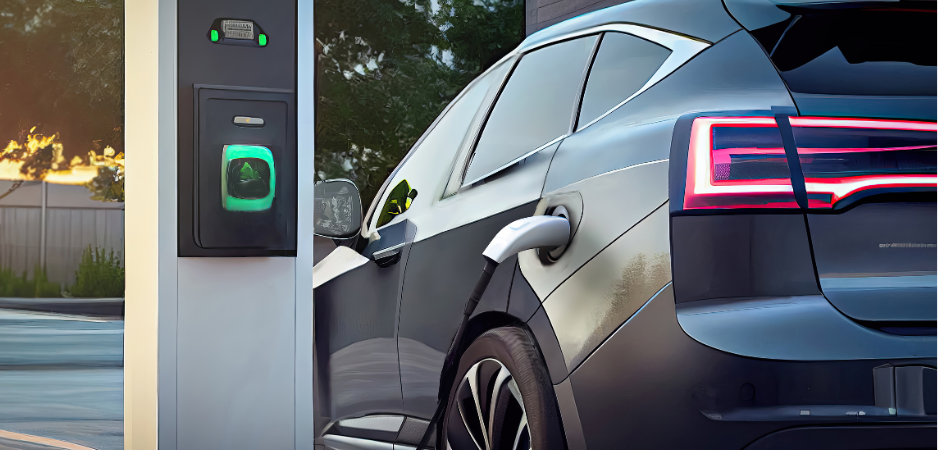
With rising gas prices and increased concern over environmental impact, many drivers are switching away from fully fossil fuel-dependent vehicles. However, electric and hybrid cars are available, and there are fundamental differences between the two. If you are in the market for a new vehicle and can't decide between a hybrid or electric car, this should help you compare and contrast them so you can make the best choice for you!
Electric Cars
There are two primary types of all-electric cars: battery-electric and fuel cell electric. Battery-electric cars are likely what typically comes to mind when you think of electric vehicles. These cars are plugged into a charging station, allowing the battery to charge fully, and can then be driven 80-300 miles, depending on the model. Battery electric cars are seeing an increase in mileage as newer and better batteries are produced. The other primary type of electric car is the fuel-cell variety. These take hydrogen gas and combine it with oxygen from outside the car to generate electricity within the engine, which powers the vehicle. Fuel-cell electric vehicles have a range of about 300-400 miles on a single tank of hydrogen.

Pros:
Cons:
Hybrid Cars
Hybrid vehicles are designed to operate off both fossil fuel and electric power independently. The typical configuration includes a battery-electric system, which charges similarly to an all-electric vehicle, and can last around 25-30 miles, during which zero emissions are produced. After the battery is depleted, the vehicle will automatically switch over to fossil fuel power. The fuel system works the same as any standard vehicle, accommodating a full tank of fuel in addition to the electric battery system.

Pros:
Cons:
Having now read about both electric and hybrid cars, you might be wondering which one is better overall. In terms of environmental impact, fully electric vehicles have a smaller ecological footprint. If you're concerned with convenience, hybrid cars might be best if you live somewhere where charging stations are not widespread and accessible or if your commute is under 30 miles. Also, the type of electric vehicle you purchase matters because one requires hydrogen gas that may not be available in your area. No matter which option you choose, both fully electric and hybrid vehicles are better for planet Earth than traditional fossil fuel cars. If you're ready to make the switch to an electric vehicle, consider donating your old car through an organization like Charitable Adult Rides and Services. Electric vehicles have a positive net impact on the environment, and donating your old vehicle has a positive impact on a charity of your choosing.